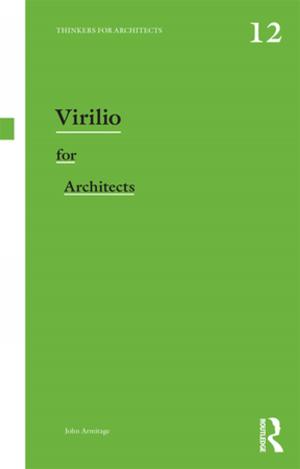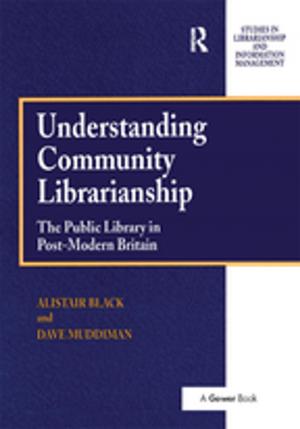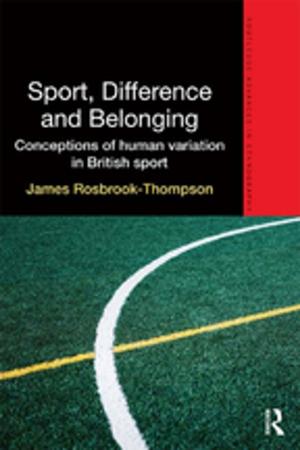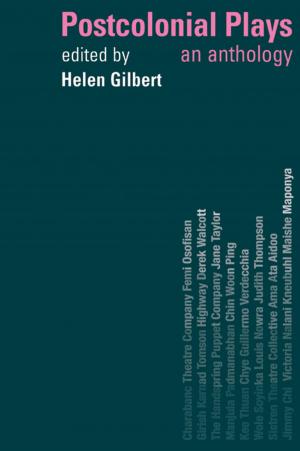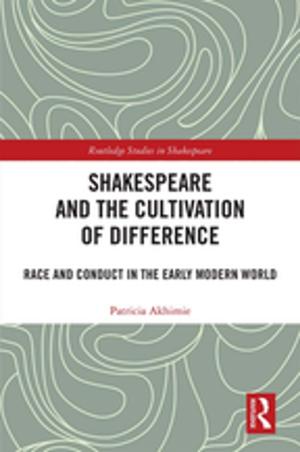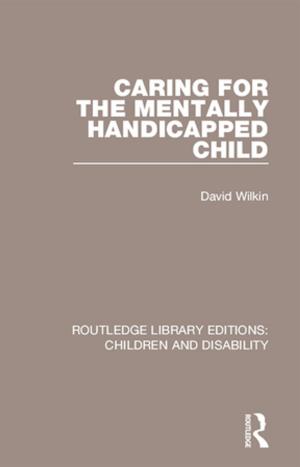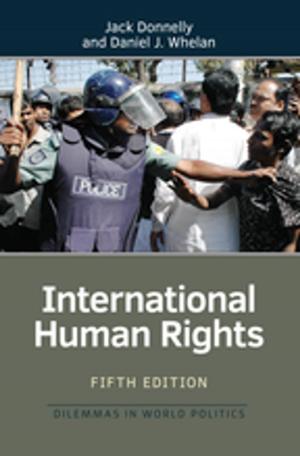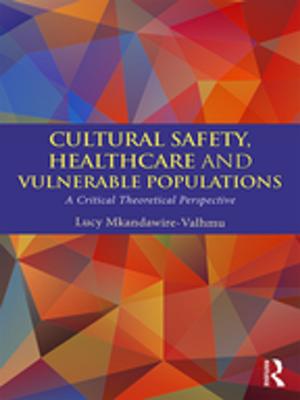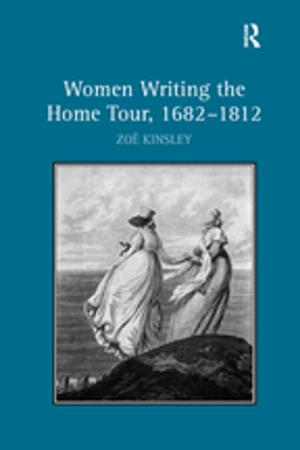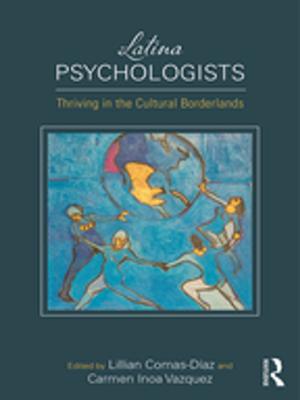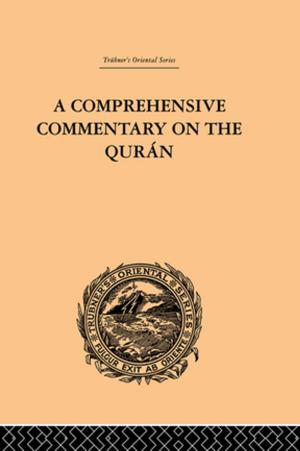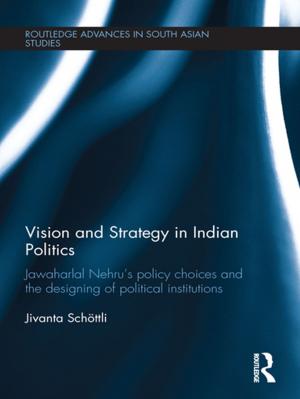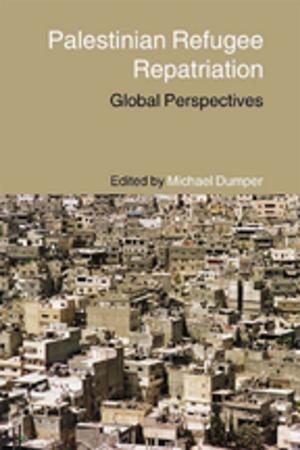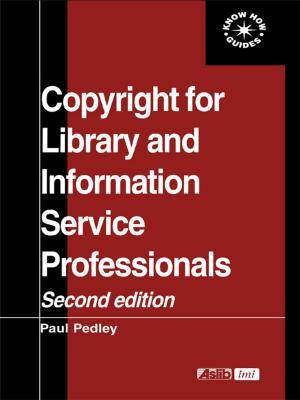Peace or War?
Understanding the Peace Process in Northern Ireland
Nonfiction, Social & Cultural Studies, Political Science| Author: | Chris Gilligan, Jonathan Tonge | ISBN: | 9780429815577 |
| Publisher: | Taylor and Francis | Publication: | January 4, 2019 |
| Imprint: | Routledge | Language: | English |
| Author: | Chris Gilligan, Jonathan Tonge |
| ISBN: | 9780429815577 |
| Publisher: | Taylor and Francis |
| Publication: | January 4, 2019 |
| Imprint: | Routledge |
| Language: | English |
First published in 1997, this volume responded to the peace process of the 1980s and 1990s between Great Britain and Northern Ireland, emerging just prior to the 1998 Good Friday Agreement. It constituted one of the first major academic examinations of the attempts to bring peace to Northern Ireland in the 1990’s, and explores the historical origins of the process, before moving towards a critical account of the role of political parties in the development of the peace process. Critics have argued equally that the process was a sham, tactically repositioning Irish republicanism, and that it provided a framework for reconciliation or even conflict resolution. This book outlines the political changes which allowed the peace process to develop, along with analysing specific themes divided into three broad sections: the general aims of the peace process, the political perspectives and the issues under discussion. Aiming to promote discussion, these contributors explore the origins and function of the peace process, followed by an analysis of political perspectives including the Unionists, the SDLP and Irish Republicanism. Finally, they consider key issues of interest for the peace process, including the ever-present border debate, security strategies, education, and economics, whilst Rachel Ward makes the case for the skilled contributions of women available to formal politics.
First published in 1997, this volume responded to the peace process of the 1980s and 1990s between Great Britain and Northern Ireland, emerging just prior to the 1998 Good Friday Agreement. It constituted one of the first major academic examinations of the attempts to bring peace to Northern Ireland in the 1990’s, and explores the historical origins of the process, before moving towards a critical account of the role of political parties in the development of the peace process. Critics have argued equally that the process was a sham, tactically repositioning Irish republicanism, and that it provided a framework for reconciliation or even conflict resolution. This book outlines the political changes which allowed the peace process to develop, along with analysing specific themes divided into three broad sections: the general aims of the peace process, the political perspectives and the issues under discussion. Aiming to promote discussion, these contributors explore the origins and function of the peace process, followed by an analysis of political perspectives including the Unionists, the SDLP and Irish Republicanism. Finally, they consider key issues of interest for the peace process, including the ever-present border debate, security strategies, education, and economics, whilst Rachel Ward makes the case for the skilled contributions of women available to formal politics.

